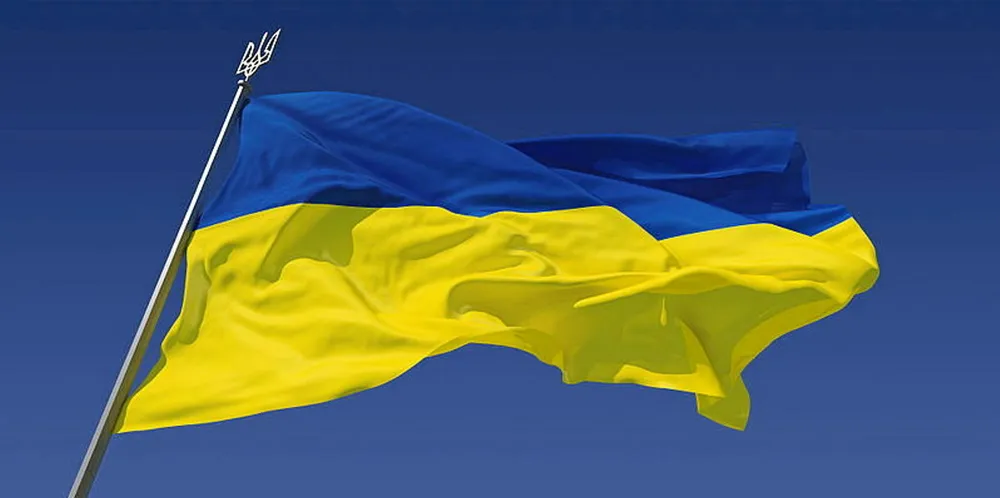Guest Commentary: Alaska seafood processing relies on Ukraine. Let's make sure they can rely on us.
The Alaska seafood industry employs up to 3,000 Ukrainians in processing positions each year, making it critical that they receive our support.

The Alaska seafood industry employs up to 3,000 Ukrainians in processing positions each year, making it critical that they receive our support.
